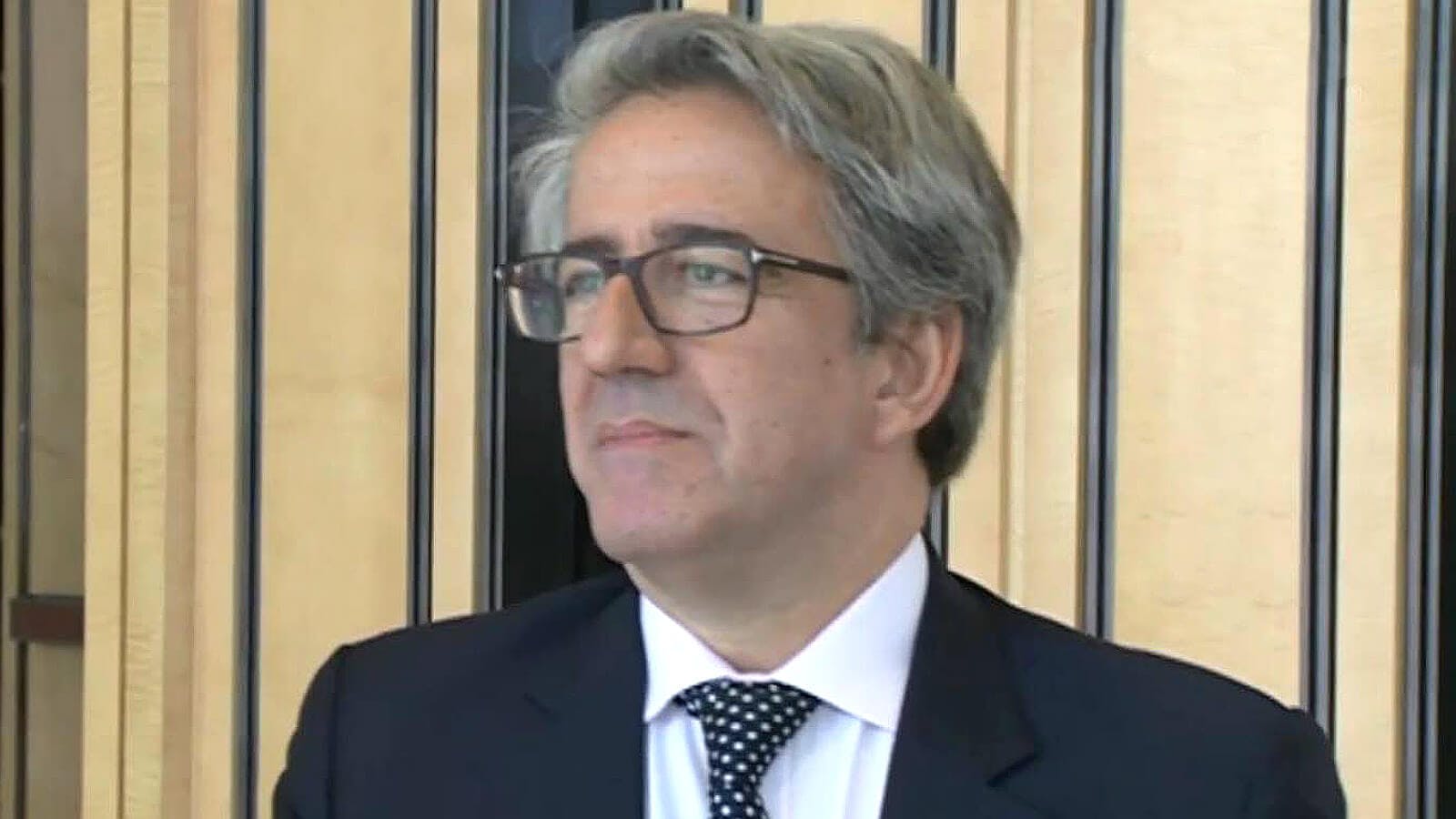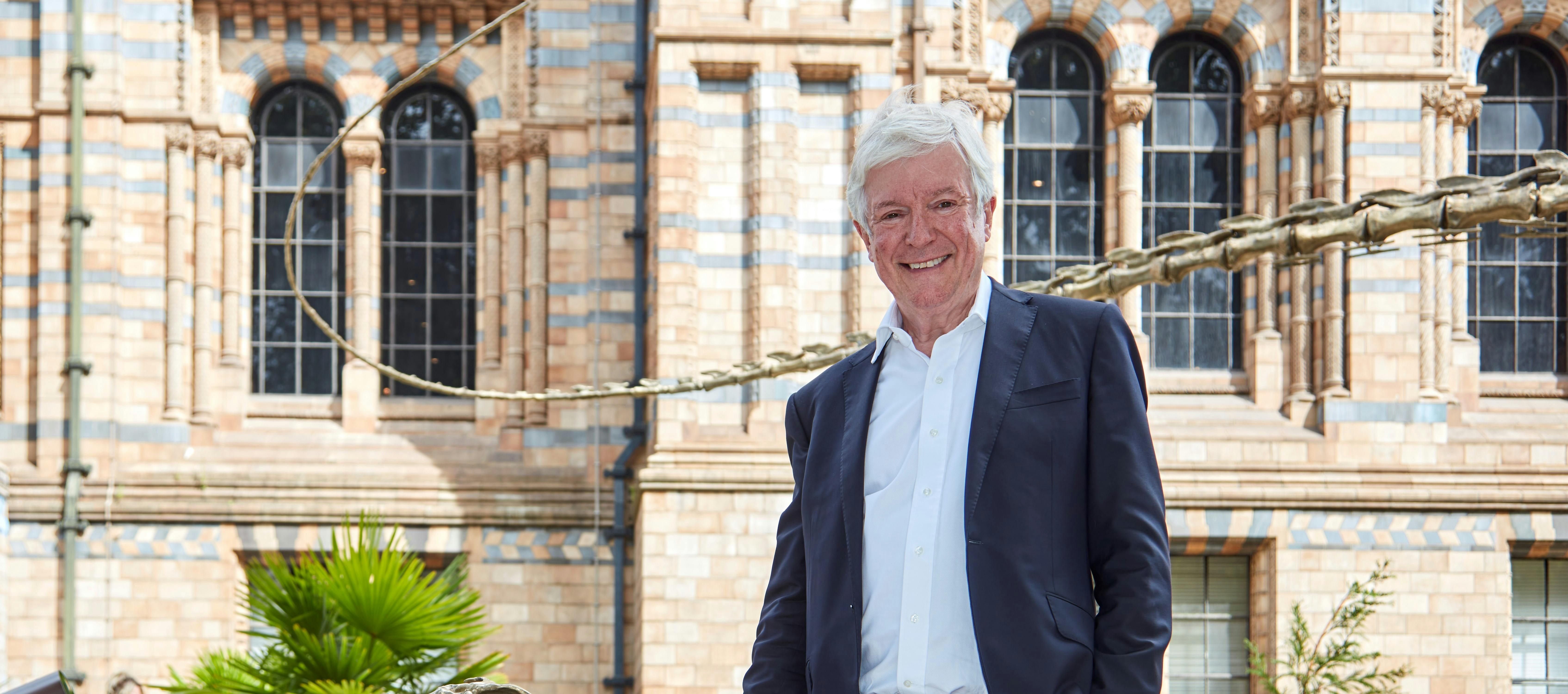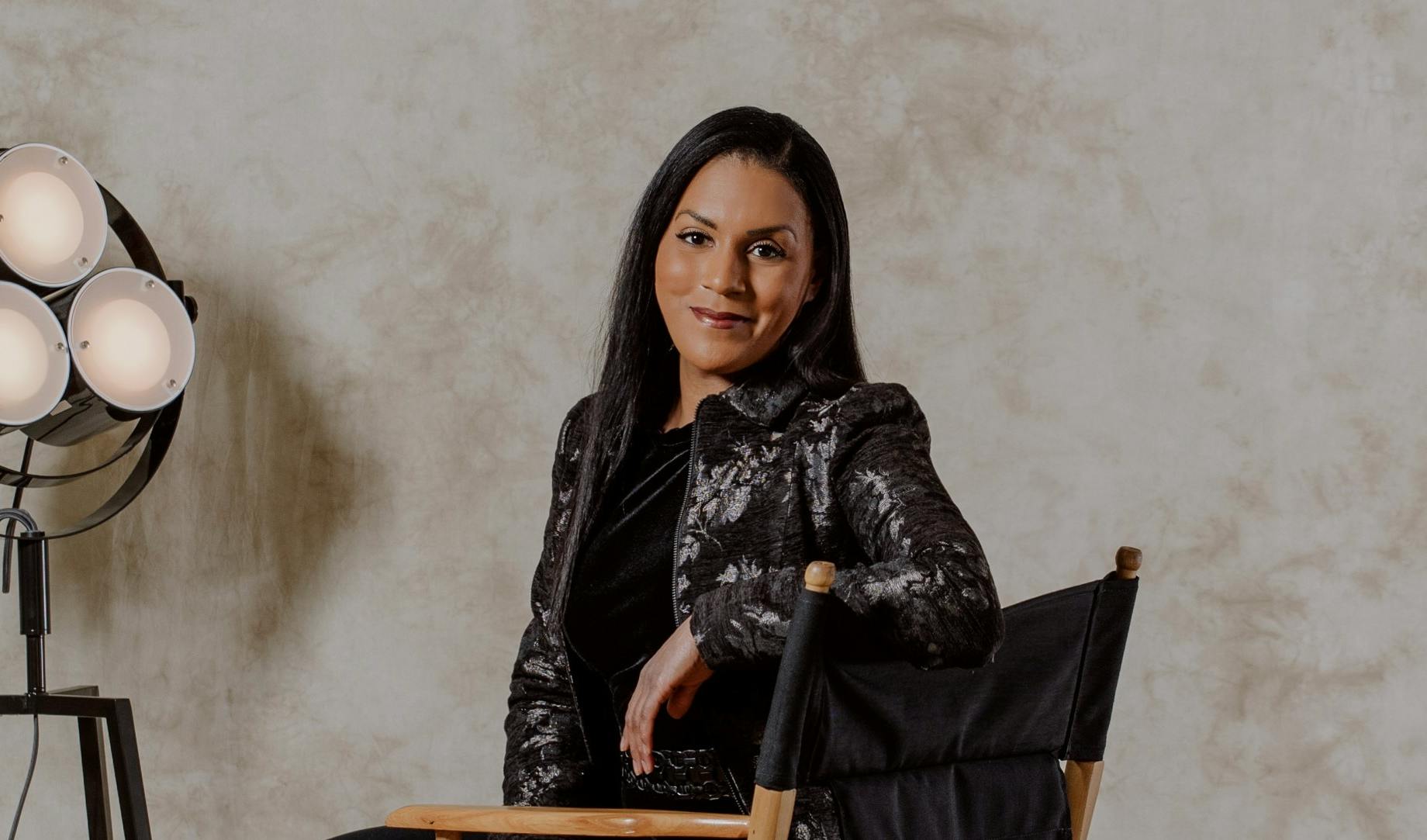
Globe-trotting insurance guru Jose Ribeiro reveals how his new NED role feeds his business school lectures
Hansard Worldwide’s newly-appointed NED, Jose Ribeiro, explains how his new portfolio career ties together all the different strands of his work history and life loves.
After studying applied maths and actuarial science, Jose Ribeiro began his working life as a teacher. He then transferred his skills to the insurance industry, where his career has taken him from London to Rio De Janeiro to Hong Kong and back again. As part of this journey, he’s been on the executive of Lloyds of London, Generali, Argo Group and A.M. Best, amongst others. Ribeiro now splits his time between his native Portugal, where he runs a vineyard that indulges his love of wine; and London where he overseas his personal investment businesses, is getting to grips with his newly-appointed NED role at Hansard Worldwide, and has returned to his teaching roots as an insurance lead and guest lecturer at Imperial College Business School. Here he unpicks the dramatic changes the insurance industry has seen over the last decade and looks back at the building blocks that led him to what he now sees as his perfect working life.
How do you juggle all of your different roles?
I am keeping myself busy! I have a NED role with Hansard Worldwide, which I took on only in December 2019 through Nurole. I am also the insurance lead and a guest lecturer at Imperial College Business School in London, where I am working on building bridges between the School and the insurance world – Lloyds of London and the London markets in particular. Then I have my own business interests, some of which I have had for quite a while and the most recent one is an insurance start-up.
The NED role works out at about five days a month. That’s quite a lot for a NED role, but that’s largely because I have only just started in the position and I need to get up to speed on all the issues involved, I expect that to reduce over time.
The two courses I lecture at Imperial are on risk management and cyber security and those tend to happen two or three times a year. In addition to that, I do the insurance lead work, where I am building relationships with some of the insurance industry entities such as Lloyds of London, the Geneva Association, professional associations, risk managers, etc. So, I probably average three days a month over the year at Imperial.
My own businesses take up most of the rest of my time. I love doing what I do. I am trying to pack in as much as I can.
At what point did you decide to switch from full-time employment to a portfolio career?
After three and a half years working in Hong Kong as managing director and board member for Asia Pacific with A.M. Best, I decided it was time to return to London and try to find a balance of things that I always wanted to do, but never had the time to do.
I started my career as a teacher, and I left the academic world for financial reasons. The opportunity at Imperial College was perfect for me. It has allowed me to return to teaching, which I love, and still have a link to the insurance world.
Then I thought what should I do in addition to this, and non-executive-directorships seemed a natural choice. They allow me to keep a foot inside the industry and use all the knowledge and experience that I have accumulated in a productive way and this also helps to feed the material that I use in my courses.
The biggest challenge is juggling the diary commitments, because when you are a NED you have meetings on predetermined days and it’s the same with lecturing. My businesses are more flexible though, and I work those around everything in a productive way.
How much has the insurance industry changed over the time you have been working within it?
It has changed tremendously. Regulation was the strongest driver of this, in particular the introduction of Solvency II on 1 January 2016. That was a really transformational event in the industry. It has made insurance companies much better run and the insurance industry is now stronger than ever and the leadership and management teams are much stronger too.
The industry has also become more diverse. It was very conservative, especially the London markets, when it came to diversity, but there has been a lot of great work done within the insurance industry on diversity and it has improved over the last few years. So, diversity is a major driver of change too and technology has also been a big game changer.
How did you find the Nurole experience?
Very good. I have had a few different positions throughout my career, and I was normally headhunted. I have always had a good experience with headhunters, but what differentiates Nurole from the traditional headhunter is that it attracts a much greater breadth of talent, because of the way it works. It helps the companies structure their searches in a very clear way and it ticks all the boxes that I, as an employer, have always focused on during a search process.
It does that really well, but what I think it does really fantastically is feedback. I get regular feedback on what’s going on, why the process is taking longer than expected, what the decision was, etc. That is often not the case when you work with a traditional headhunter.
And now for some quickfire questions…
You’ve lived in many countries, which has been the one where you feel most at home?
I was in Asia for three and half years until last year, and now I love living back in London, but I am also trying to spend as much time as I can in my home country Portugal. It’s a fantastic country, I have friends and family there, the weather is great, the food is great, plus I speak the language. It’s probably where I feel most at home.
What’s the book that has had the most influence on you?
There is no single book that I can pick out, but I read everything that I can get my hands on around modern history – the Second World War, the European Union and international politics.
Do you have a favourite quote?
“In my country the people can do as they like, although it often happens that they don’t like what they have done.” Winston Churchill. That’s very poignant at the moment, don’t you think?
What is your favourite holiday destination?
Portugal, where I have a house and a vineyard. I go as often as I can.
Do you have a favourite app?
I use the BBC News and the New York Times apps the most, but to relax and unwind I use Instagram, where I follow architecture, design, wildlife and history topics.
When does your alarm go off and how many hours of sleep do you have on average?
I like to get at least six hours sleep, but – having lived all around the world in different time zones – I’ve always been pretty flexible. My alarm goes off around 6.30am. I like to get up early.
If you are looking for non-executive director roles, Nurole's innovative recruitment platform can help.





